Politburo member and President Vo Van Thuong and President of the Republic of Korea Yoon Suk Yeol witnessed the exchange of cooperation documents between Vietnam and the Republic of Korea on June 23, 2023. Photo: VNA
New factors affecting the Party's leadership of Vietnam's international economic integration in the 2011-2022 period
The world witnessed major economic fluctuations. The global economic crisis in 2008-2009 led to economic recession in many countries, especially in Europe, causing economic growth and trade of many countries to decrease sharply. One of the consequences of this crisis was the correlation of economic strength between countries as well as the international and regional economic order. During this time, China became the most important growth engine of the world economy when it surpassed Japan to become the second largest economy in the world.
In 2020, the world witnessed the COVID-19 pandemic breaking out strongly, causing an unprecedented global health crisis in history, severely affecting the economies of countries. This crisis has profoundly changed the development trend and structure of the world economy, accelerating the digitalization of national and global economies, disrupting international trade activities and investment flows.
The trend of trade liberalization continues to be strong. Multilateral economic integration is slowing down with the deadlock of the Doha Round. That has led to the proliferation of free trade agreements (FTAs) on many routes and levels, as well as the emergence of new generation FTAs, such as: the Transatlantic Trade and Investment Agreement between the US and the European Union (TTIP), the Comprehensive and Progressive Agreement for Trans-Pacific Partnership (CPTPP), the Vietnam - EU Free Trade Agreement (EVFTA)...
In addition, integration and protection continue to be two sides of international economic integration. However, the issue of protection is changing, no longer being protection at all costs, but gradually shifting to more effective protection and economic protection. Protection today is mainly not the classical form of protection, applying tariff barriers, but modern barriers, non-tariff barriers, especially in developed countries.
National interests have become the dominant factor in international relations. Many global issues have emerged, requiring countries to participate in solving them. National interests have become the central factor, dominating and guiding the foreign policies of countries, affecting the cooperative and competitive relationships between countries as well as the alliances, associations and gathering of international forces in the world today. In international relations, never before have cooperation and struggle between countries for national interests been constrained and dependent on the conventions and common interests of the international community as they are today. Although there are always conflicts and antagonisms between countries, countries also need to cooperate on certain aspects, issues and times for the sake of common destiny and interests.
The world and regional situation is very complicated, but peace, national independence, democracy, cooperation and development are still the major trends. The increase in strategic competition among major countries has potential factors causing instability on a global scale. The Asia-Pacific region, including Southeast Asia, continues to be a center of dynamic development, with an increasingly important geo-economic and strategic position in the world. At the same time, this is also an area of strategic competition among major countries, causing much instability. Territorial disputes, sovereignty over seas and islands in the region and in the East Sea are tense, complicated and fierce. The Association of Southeast Asian Nations (ASEAN) continues to play an important role in maintaining peace, stability, promoting cooperation and economic linkages in the region, but also faces many difficulties and challenges both internally and externally.
With the achievements and experiences of the renovation process, Vietnam has entered a new stage of development. The results of the country's renovation process have created a greater overall strength than in the previous stage. The country's appearance has changed a lot. Vietnam's position and strength continue to be consolidated, Vietnam's position is enhanced in the international arena, creating important premises to accelerate the cause of industrialization and modernization of the country, improving the people's lives.
Foreign affairs and international economic integration have been carried out extensively and effectively, contributing to creating a peaceful and stable environment and increasing resources for national development. The 11th Party Congress (January 2011) assessed: “Our country has joined the World Trade Organization (WTO), signed bilateral and multilateral free trade agreements with a number of important partners; expanded and strengthened cooperative relations with partners; contributed significantly to creating and expanding Vietnam's market for goods, services and investment, attracting foreign direct investment, mobilizing official development assistance (ODA) and other international funding sources” (1) .
The Party's policy on international economic integration for the period 2011 - 2022
In terms of direction, based on the assessment of domestic conditions after 25 years of renovation and the world and regional situation, the 11th Party Congress affirmed that Vietnam is “a friend, a reliable partner and a responsible member of the international community” (2) and the policy of shifting from “proactively and actively integrating into the international economy, while expanding international cooperation in other fields” (3) to “proactively and actively integrating into the international community” (4) . With this policy, proactive and active international integration is not only in the economic field and some other fields, but also expanded on a comprehensive scale in the fields of economics, politics, culture, society, national defense - security... This is a new development in the Party's foreign policy awareness and thinking, reflecting the urgent needs for our country's revolutionary cause in the new international context. Therefore, in the process of international integration, it is necessary to promote all potentials and resources of all economic sectors and of the whole society. It is a process of both cooperation and struggle and competition, with many opportunities intertwined with challenges, so it is necessary to be alert, clever and flexible in handling the two-sided nature of international integration depending on the specific objects, issues, cases and times. On April 10, 2013, the Politburo issued Resolution No. 22-NQ/TW, " On international integration" . The Resolution determined that in the process of international integration, "economic integration is the focus, integration in other fields must facilitate economic integration and contribute positively to economic development". In 2016, the 12th Party Congress added a direction for international economic integration to respond to the new situation, which is: "Improving the effectiveness of international economic integration, fully implementing international commitments, developing and implementing strategies to participate in free trade zones with important economic and trade partners, effectively signing and implementing new-generation free trade agreements in a master plan with a reasonable roadmap, in line with the country's interests" (5) .
Thus, it can be seen that in the period of 2011 - 2022, from the orientation of economic integration as the focus in the process of international integration, the direction of international economic integration has inherited and developed, shown in a number of points: First , the main method of international economic integration is to participate in bilateral, multilateral or international dialogue and cooperation processes; participate in regional and international organizations; participate in regional and international movements and trends; second , accept and apply, localize common international principles and standards including regional and international practices, standards, agreements, conventions, treaties; third , enhance the country's position and prestige in the international arena towards becoming a core member, leading in a number of multilateral forums and organizations of strategic importance to the country, in accordance with specific capabilities and conditions.
Regarding the goals, the 11th Party Congress determined to “strongly promote trade and investment, expand markets, effectively exploit international cooperation mechanisms, capital resources, science and technology, and advanced management skills” (6) . The 12th Party Congress emphasized the need to “promote and improve the effectiveness of international economic integration” (7) . To meet the development requirements in the new context when Vietnam participates in new-generation FTAs, the 4th Conference of the 12th Party Central Committee issued Resolution No. 06-NQ/TW, dated November 5, 2016, “On effectively implementing the international economic integration process, maintaining political and social stability in the context of our country participating in new-generation free trade agreements”. The Resolution defines the goal of the international economic integration process in Vietnam as: “Implementing the international economic integration process, maintaining political and social stability to enhance the autonomy of the economy, expand the market, attract more capital, technology, knowledge, management experience, ensure rapid and sustainable development, improve people's lives; preserve and promote national cultural identity; maintain independence, sovereignty, unity and territorial integrity; enhance Vietnam's prestige and position in the international arena” (8) .
Compared to the previous period, the goal of international economic integration set forth in Resolution No. 06-NQ/TW represents a new development in the Party's awareness and thinking about international economic integration. Previously, the measures of diversification and multilateralization in foreign relations and international economic integration were used to break the siege and embargo, mobilize international resources, and expand export markets. At this stage, international economic integration has the additional task of enhancing the country's prestige and position. Therefore, expanding international economic integration means increasing participation and having a voice in regional organizations and multilateral forums, especially organizations and forums on economics, trade, and development. International economic integration is a means of seeking and promoting interests, and is the choice of a suitable playground and rules for Vietnam to participate in.
Regarding the guiding viewpoint , the Platform for national construction in the transitional period to socialism (supplemented and developed in 2011) clearly states the viewpoint of national development in the context of international economic integration as: "Building an independent and self-reliant economy, while proactively and actively integrating into the international economy" (9) . This viewpoint comes from the context of the developing world facing the strong trend of globalization and developing countries must fight against poverty, backwardness, against all interference, imposition and invasion to protect national and ethnic independence and sovereignty. Therefore, independence and self-reliance in the current context focus on the aspect of economic independence and self-reliance, ensuring that the economy is strong enough to stand firm and respond to complex situations, creating conditions for effective implementation of international integration commitments.
It can be seen that in the period of 2011 - 2022, in the context of the country moving to a new development stage, especially when participating in many new generation FTAs, the Party's policy of international economic integration is reflected in the following highlights:
Firstly, national interests are the ultimate goal of international economic integration, and it is necessary to flexibly and skillfully handle the relationship between partners and subjects; cooperate and struggle, ensuring independence, autonomy and national and ethnic interests in integration at all bilateral, multilateral and global levels. In the process of international economic integration, maximizing internal strength, coupled with effectively attracting and using external resources, creates the country's overall strength.
Second, international economic integration affects all areas of social life, traditional and modern culture, so integration but not dissolution, ensuring the preservation of national cultural identity.
Third, the State is the main subject, playing a leading role in the process of international economic integration, but it is not the only subject. International economic integration is the cause of all people, of the entire political system, therefore, organizations, enterprises, localities, individuals, etc. participate in international economic integration activities under the leadership of the Party.
Fourth, international economic integration is the focus of the international integration process. Originating from the international economic integration process, many issues arise regarding politics, defense, security, environment, climate, etc., so it is necessary to fully integrate into the world's economic and social life, but the central goal is still economic integration.
![]()
Producing electronic components for export at the Bo Trai Song Da Industrial Park, Hoa Binh province_Photo: VNA
Some results achieved
Boosting import and export of goods : In 2012, Vietnam exported 114.6 billion USD and imported 114.3 billion USD, which was the first year Vietnam achieved a surplus in the export sector. By 2014, the trade surplus was 2.37 billion USD (10) . In the 5-year period (2011 - 2015), the total foreign trade turnover of goods and services reached 1,439.5 billion USD, nearly 2.1 times higher than the period 2006 - 2010 (11) . In general, in the period 2015 - 2019, the country's import and export activities always achieved high growth rates year by year. The year 2020 marked a special mark for global trade with the outbreak and complicated developments of the COVID-19 pandemic. The blockade and border closure measures to prevent the COVID-19 pandemic have caused global trade to stagnate, supply chains to break down, leading to a wave of bankruptcies for many businesses around the world. Overcoming difficulties, in 2021, the total import and export turnover of goods reached 668.54 billion USD, an increase of 22.6% compared to 2020 (12) . Despite continuing to be severely affected by the COVID-19 pandemic domestically and the volatile world economic situation, the total import and export turnover of goods in 2022 reached a record 732.5 billion USD, of which the trade surplus was 11.2 billion USD (13) .
Signing and implementing international economic commitments : Vietnam has developed economic relations with international organizations and multinational companies. A number of bilateral trade agreements between Vietnam and countries around the world have been signed, such as: Vietnam - Japan Economic Partnership Agreement (VJEPA, 2009), Vietnam - Chile Free Trade Agreement (VCFTA, 2011), Vietnam - Korea Free Trade Agreement (VKFTA, 2015), Vietnam - Eurasian Economic Union Free Trade Agreement (EAEU, 2016).
The process of international economic integration of our country continues to be promoted through the establishment of the ASEAN Economic Community (AEC) at the end of 2015, CPTPP (2016), EVFTA (2020), Regional Comprehensive Economic Partnership Agreement (RCEP, 2020), Free Trade Agreement between Vietnam, the United Kingdom and Northern Ireland (UKVFTA, 2020). By early 2022, Vietnam has participated in and is negotiating 17 FTAs, of which 15 FTAs are in effect and implementing commitments, 2 FTAs are under negotiation (FTA between Vietnam and the European Free Trade Association (EFTA FTA), Vietnam - Israel FTA) (14) . It can be seen that the signing of FTAs demonstrates Vietnam's role in promoting free trade and economic and trade integration in Asia, America and Oceania.
Strengthening Vietnam's position in the international arena: Vietnam's position in the world has been comprehensively strengthened in the period 2011 - 2022. Along with the strong international economic integration process, by 2020, Vietnam has 30 strategic partners and comprehensive strategic partners; has diplomatic relations with 189/193 countries, has economic relations with 160 countries and 70 territories (15) . By 2022, Vietnam's total economic and trade relations have increased to 230 countries and territories (16) . With the implementation of the policy of comprehensive international integration with a focus on international economic integration, the country's position continues to improve significantly. It can be affirmed that international economic integration makes an important contribution to expanding and deepening our country's relations with partners, creating a situation of intertwined interests, contributing to maintaining a peaceful and stable environment for national development; enhancing Vietnam's prestige and position in the international arena.
Becoming one of the 20 largest trading countries in the world: The WTO recognized Vietnam as a highly open economy, up to 200% of GDP, and improving the balance of trade in goods, shifting from trade deficit to trade surplus in the period 2016 - 2020. According to the General Statistics Office, from 2016 to 2022, Vietnam's trade balance has always been in surplus with the trade surplus increasing gradually over the years, from 1.77 billion USD (2016) to 2.1 billion USD (2017), 6.8 billion USD (2018), 10.9 billion USD (2019). In 2020, despite being heavily affected by the COVID-19 pandemic, Vietnam still achieved a trade surplus of nearly 4 billion USD. The WTO's 2020 World Trade Statistics Review Report noted that among the 50 countries with the largest merchandise trade in the world, Vietnam had the largest growth rate, moving from 39th place in 2009 to 23rd place in 2019 and entering the top 20 in 2021 ( 17) . In 2022, the trade surplus reached 12.4 billion USD, the 7th consecutive year that the trade surplus was at a surplus despite facing many difficulties after the severe impact of the COVID-19 pandemic (18) .
The Global Competitiveness Index (GCI) has improved significantly : In 2019, before the COVID-19 pandemic broke out in the world, Vietnam was considered a country with a stable, fast-growing economy, ranking at the top of the region and the world, and was assessed by the International Monetary Fund (IMF) as one of the 20 economies with the largest contribution to global growth. Also in 2019, Vietnam was in the top 10/163 "most livable countries in the world" in the HSBC Expat rankings; ranked 83/128 countries in the safest countries ranking; ranked 94/156 countries in the Happy Country Rankings. In 2020, Vietnam's gross domestic product (GDP) ranked 44th in the world, 4th in Southeast Asia and GDP per capita ranked 6th in the region (19) . By 2022, the GDP growth rate will reach 8.02% (the highest in the period 2011 - 2022), GDP per capita will reach 4,109 USD/person, an increase of 392 USD compared to 2021, people's material and spiritual life will be significantly improved (20) .
Thus, based on the results achieved in the 2011 - 2022 period, in the process of implementing the Party's international economic integration policy in the coming time, it is necessary to continue to thoroughly grasp the guiding views of Resolution No. 06-NQ/TW to improve the effectiveness of international economic integration, namely:
Firstly, firmly maintaining an independent and self-reliant foreign policy; diversifying and multilateralizing international relations; proactively and actively integrating into the international economy for the national interest is a major strategic orientation to build and protect the Fatherland. Creatively applying lessons learned and effectively resolving major relationships, especially the relationship between the independence and self-reliance of the economy and increasingly deep international economic integration.
Second, international economic integration is the focus of international integration; integration in other areas must facilitate international economic integration. International economic integration is the cause of all people; businessmen, enterprises, and intellectuals are the leading force. The State needs to focus on encouraging and creating conditions for development, enhancing the competitiveness of the country, enterprises and Vietnamese products, and improving the level of economic development.
Third, ensure synchronization between innovation and international economic integration. Promote innovation and improve the legal system, mechanisms and policies; proactively handle emerging issues; closely monitor and effectively manage the implementation of commitments in new-generation free trade agreements, especially in areas and issues related to political and social stability.
Fourth, ensure the Party's leadership over the international economic integration process, maintain political and social stability in the context of our country's participation in new-generation free trade agreements. Improve the effectiveness of State management, promote the role of the Vietnam Fatherland Front and socio-political organizations; respect and promote the people's right to mastery, strengthen the strength of the great national unity bloc in the international integration process. Innovate the Party's leadership method over socio-political organizations, especially trade unions, in accordance with the requirements of the new situation.
It can be seen that under the close leadership of our Party in the process of international economic integration in the years 2011 - 2022, Vietnam has deeply integrated into the global economy and market, becoming a country in the group of 30 countries and territories with the largest import and export value of goods globally. The 13th National Party Congress continued to affirm, "multilateralize and diversify international economic relations, avoid dependence on one market or one partner. Enhance the resilience of the economy against negative impacts from external fluctuations; proactively improve the defense system to protect the domestic economy, enterprises, and markets in accordance with international commitments. Implement many forms of international economic integration with flexible roadmaps, suitable to the conditions and goals of the country in each period" (21) . However, in the context of new development, our country needs to continue to supplement and perfect policies, tasks and solutions on international economic integration, while grasping the development trends of the world to take advantage of opportunities and limit challenges in order to continue to improve the effectiveness of international economic integration, contributing to the socio-economic development of the country in the next period./.
----------------------
(1), (2), (3), (4), (5), (6), (7), (9) Documents of the Party Congresses in the renovation period, part II (Congresses 10, 11, 12) , National Political Publishing House - Truth, Hanoi, pp. 381, 435, 123, 435, 691, 435, 661, 505
(8) Resolutions of the Party Central Committee 2016 - 2020, National Political Publishing House - Truth, Hanoi, 2021, p. 53
(21) Documents of the 13th National Congress of Delegates , National Political Publishing House - Truth, Hanoi, 2021, vol. I, p. 135
(10) Nguyen Chien Thang, Ly Hoang Mai: "Vietnam's international economic integration in the period 2000 - 2019", Journal of Economic Research , November 2019 issue, pp. 14 - 24
(11) Pham Binh Minh: “The 29th Diplomatic Conference: Improving the effectiveness of foreign affairs and international integration - successfully implementing the resolution of the 12th Party Congress”, International Studies Journal , No. 3, 2016, p. 23
(12) “Overcoming difficulties, import and export in 2021 reached the target”, General Statistics Office website , January 17, 2022, https://www.gso.gov.vn/du-lieu-va-so-lieu-thong-ke/2022/01/vuot-qua-kho-khan-xuat-nhap-khau-nam-2021-ve-dich-ngoan-muc/
(13) “Efforts to recover, exports and imports in 2022 set new records”, General Statistics Office website , January 30, 2023, https://www.gso.gov.vn/du-lieu-va-so-lieu-thong-ke/2023/01/no-luc-phuc-hoi-xuat-nhap-khau-nam-2022-lap-ky-luc-moi/
(14) “Summary of Vietnam's FTAs as of January 2022”, Vietnam Trade Database Portal , February 10, 2022, https://vntr.moit.gov.vn/vi/news/bang-tong-hop-cac-fta-cua-viet-nam-tinh-den-thang-012022
(15), (17), (19) “Positive marks on Vietnam's journey of innovation and international integration”, Vietnam Television Electronic Newspaper , January 9, 2022, https://vtv.vn/kinh-te/dau-an-tich-cuc-tren-hanh-trinh-doi-moi-va-hoi-nhap-quoc-te-cua-viet-nam-20220109165818713.htm
.
(18), (20) General Statistics Office: Statistics year 2022, Publisher. Statistics, Hanoi, 2023, p.
Source: https://tapchicongsan.org.vn/web/guest/nghien-cu/-2018/827613/hoi-nhap-kinh-te-quoc-te-cua-viet-nam-giai-doan-2011-Agent-quu-qua-trinh-trien-khai-doi-moi-tuu-cua-daspx.aspx.aspx.aspxx.aspxx.aspxx.aspxxx.aspxx.aspxxx.aspxxx.aspxxx.aspxxx.aspxxx.aspxxx.aspxxx.aspxxx.aspxxx.aspxxx.aspxxx.aspxxx


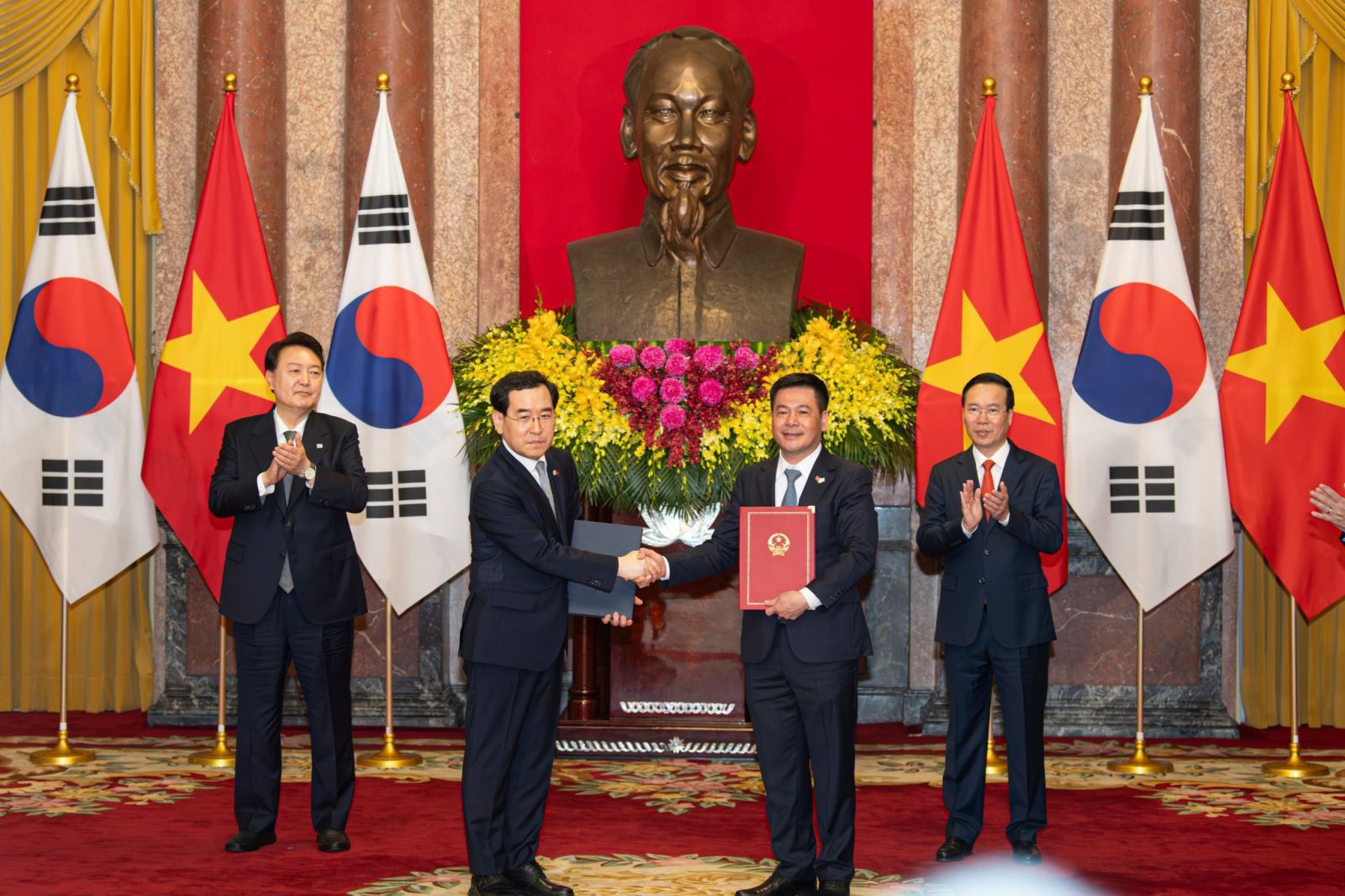
![[Photo] Ha Giang: Many key projects under construction during the holiday season](https://vstatic.vietnam.vn/vietnam/resource/IMAGE/2025/5/1/8b8d87a9bd9b4d279bf5c1f71c030dec)
![[Photo] Binh Thuan organizes many special festivals on the occasion of April 30 and May 1](https://vstatic.vietnam.vn/vietnam/resource/IMAGE/2025/5/1/5180af1d979642468ef6a3a9755d8d51)
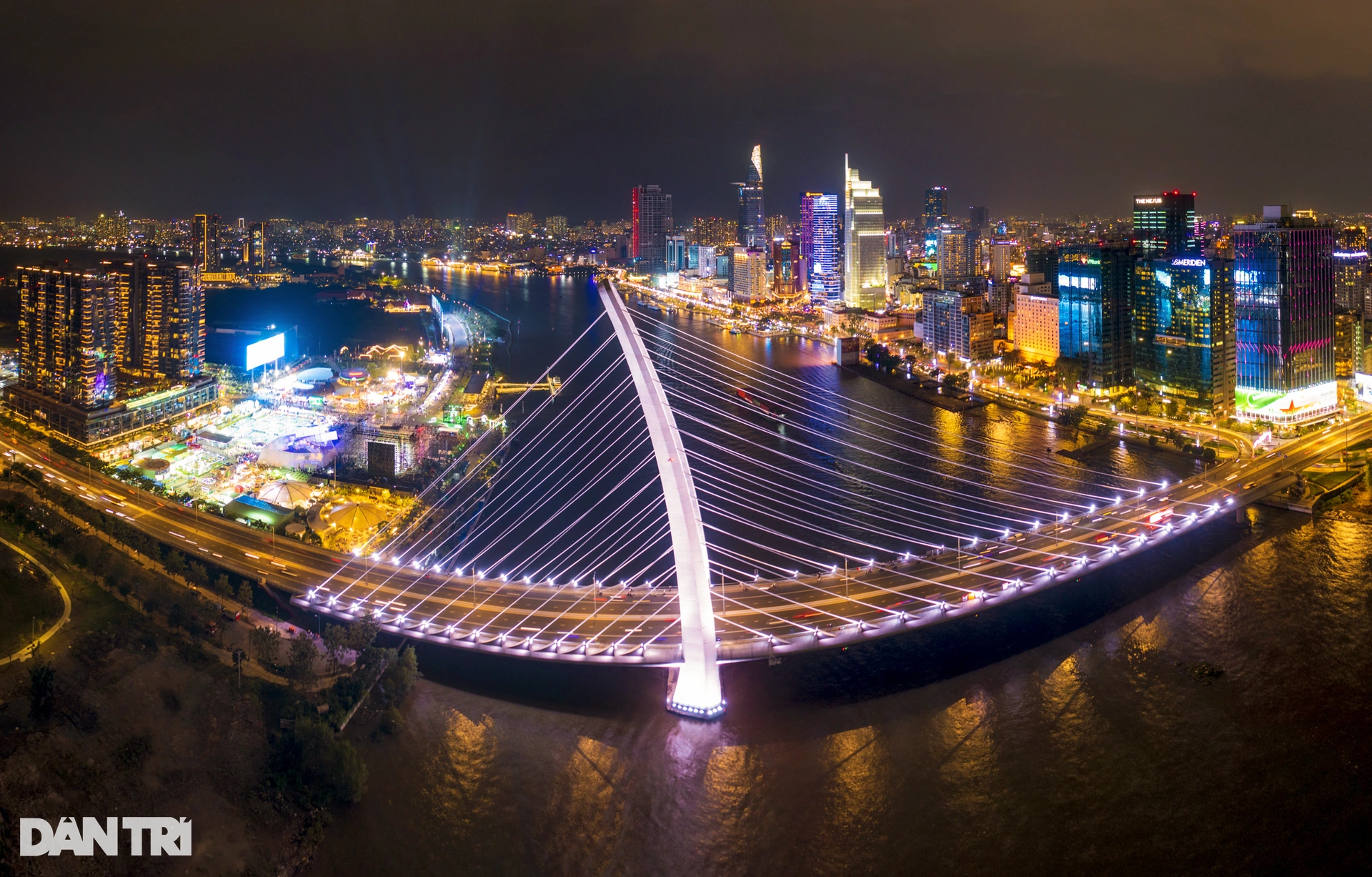
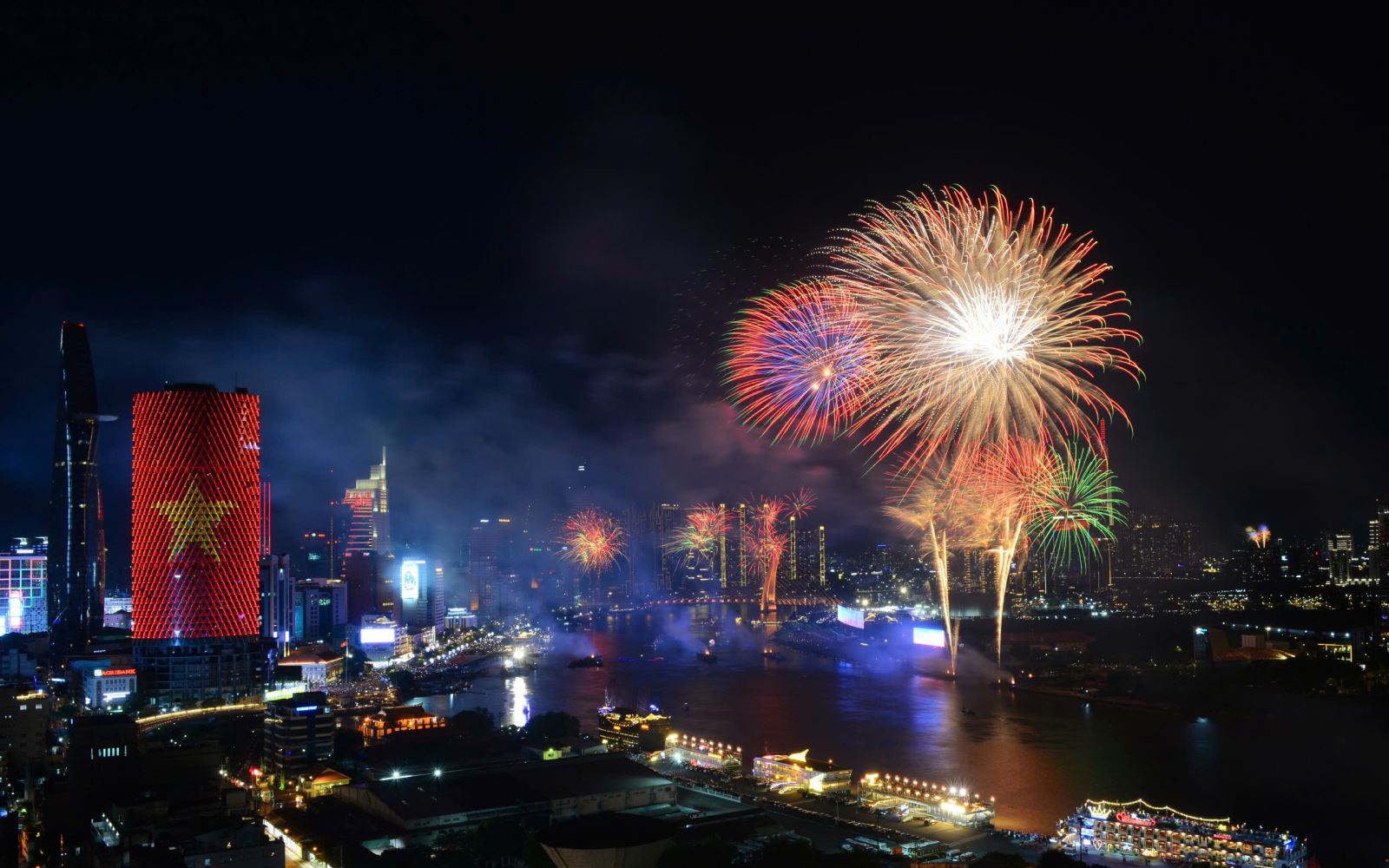



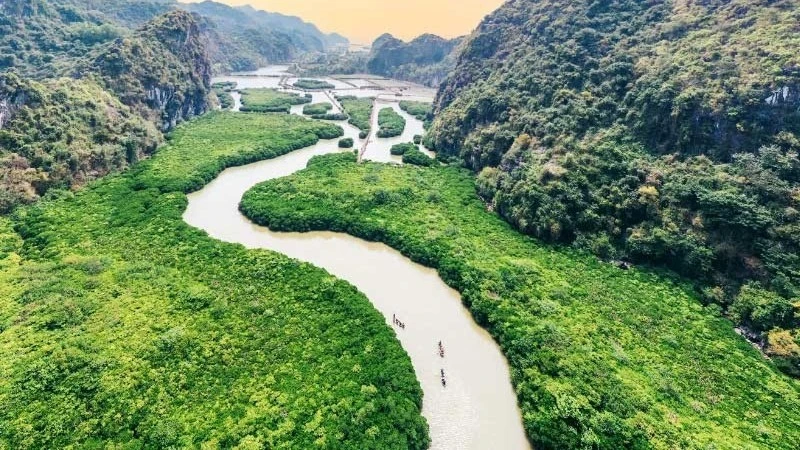
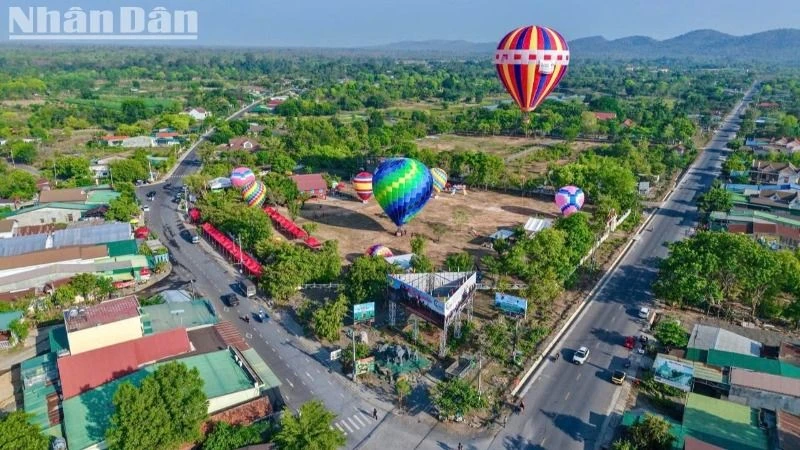
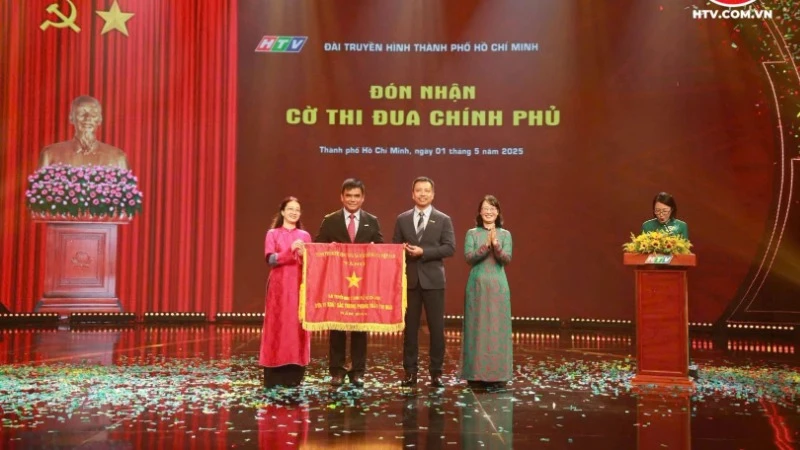
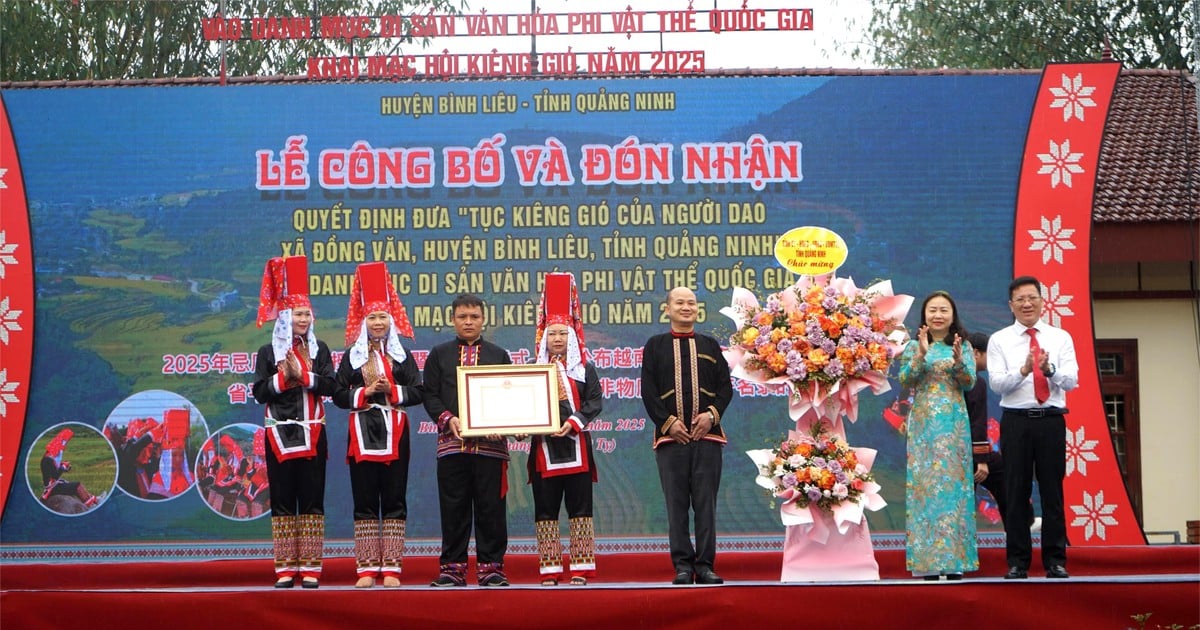
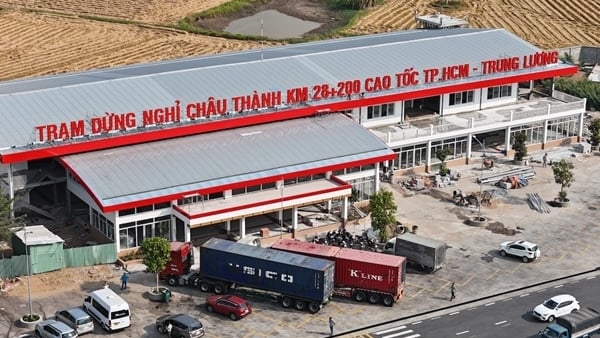

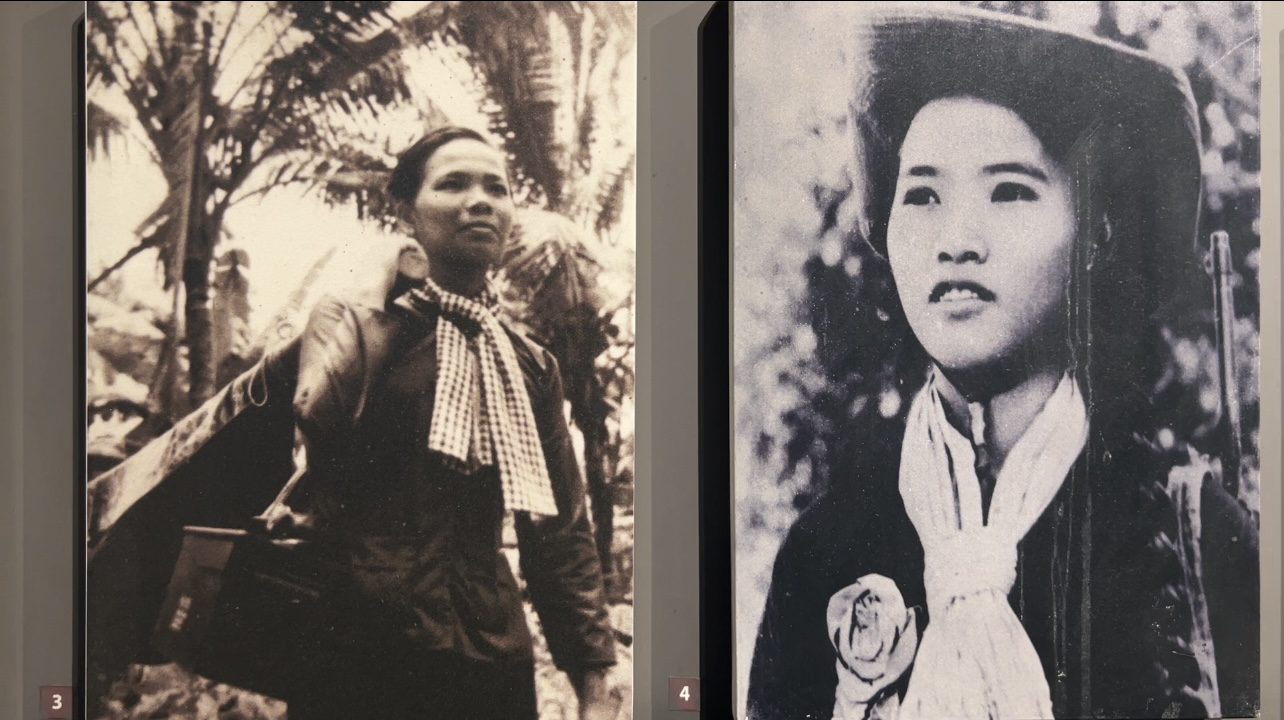



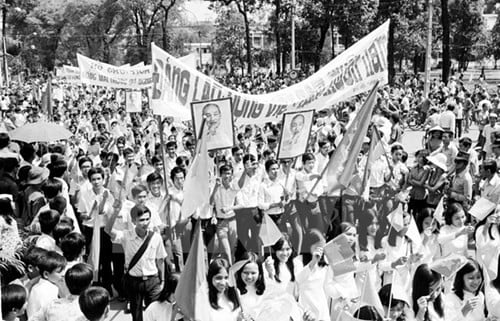
![[Photo] Feast your eyes on images of parades and marching groups seen from above](https://vstatic.vietnam.vn/vietnam/resource/IMAGE/2025/4/30/3525302266124e69819126aa93c41092)
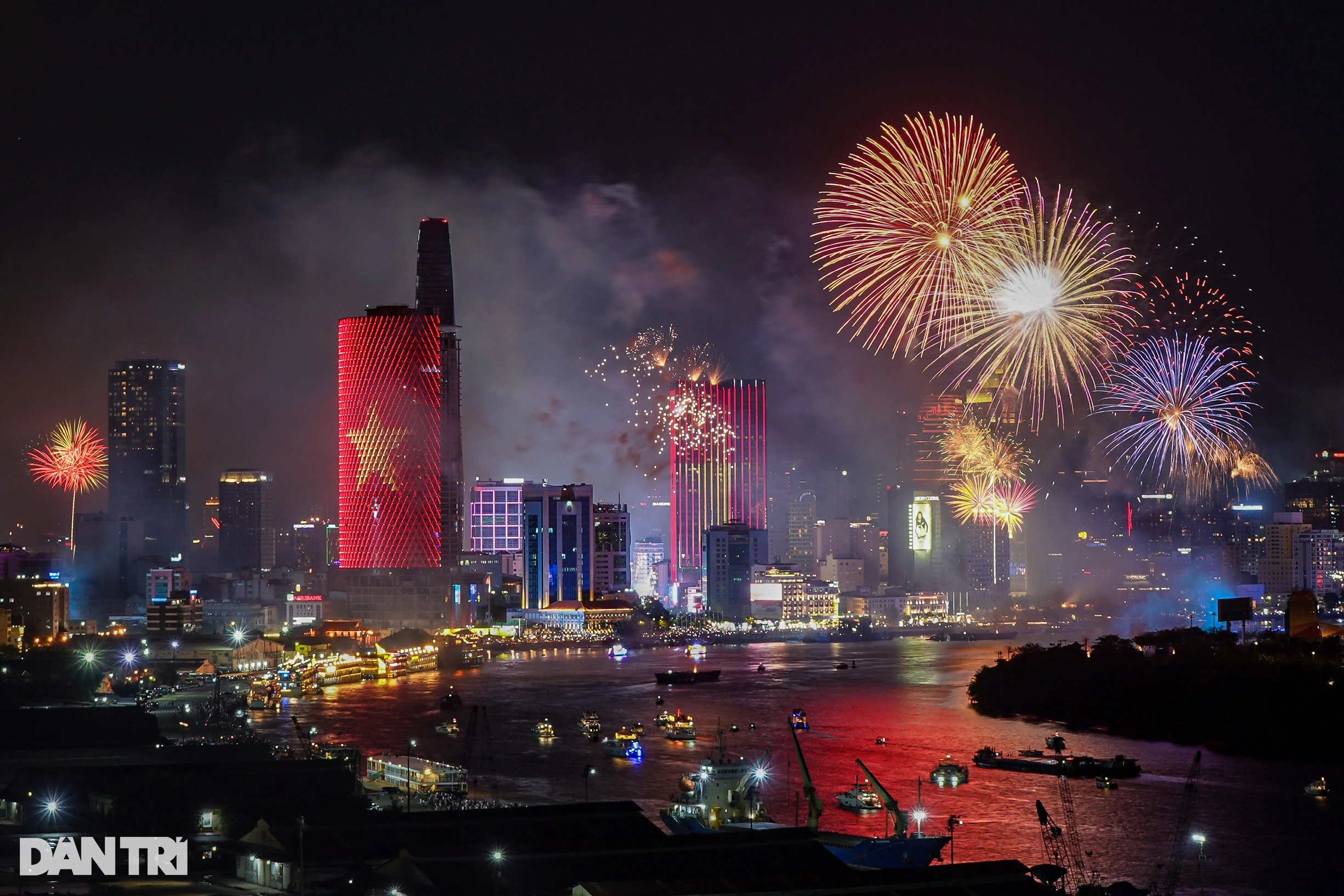
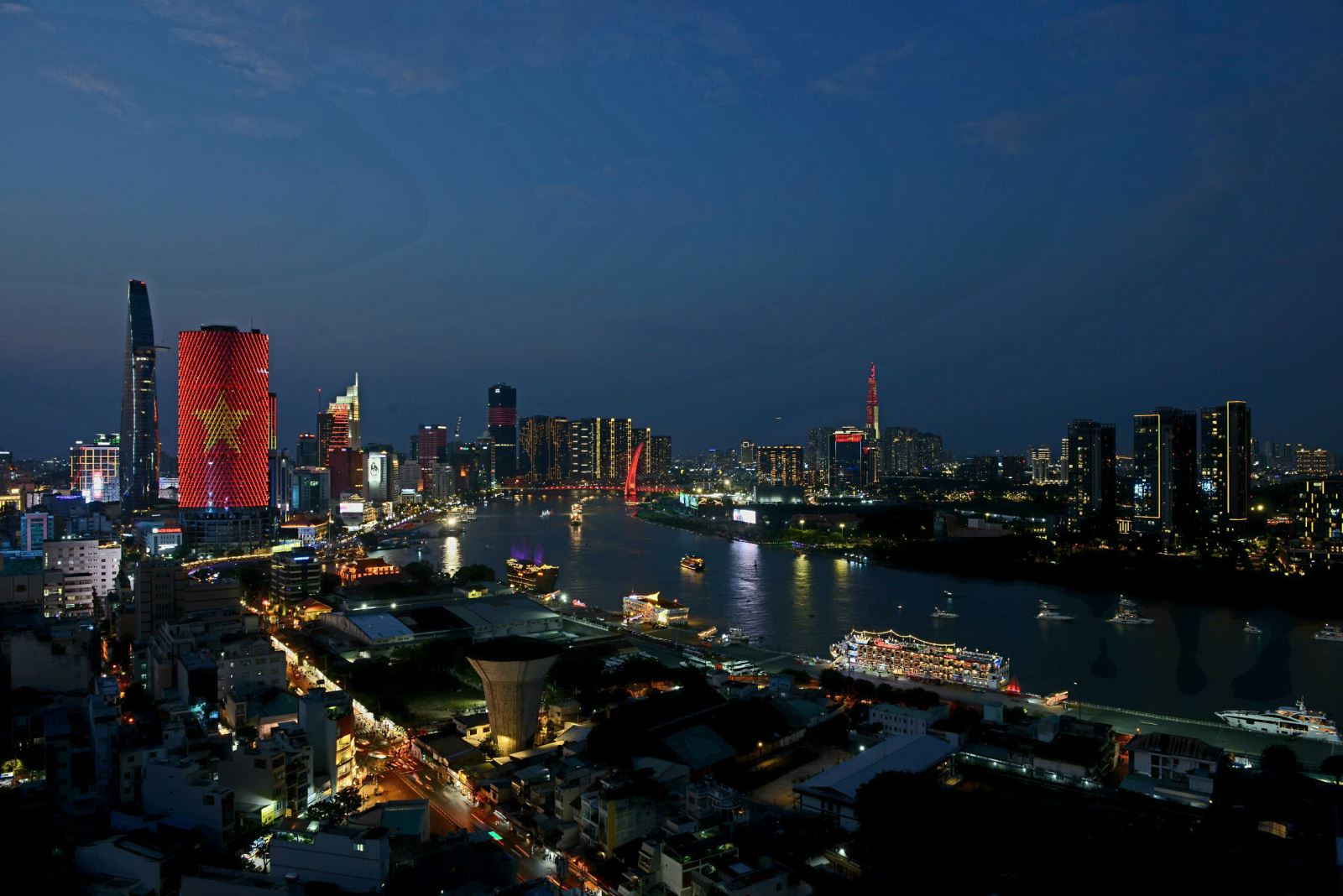


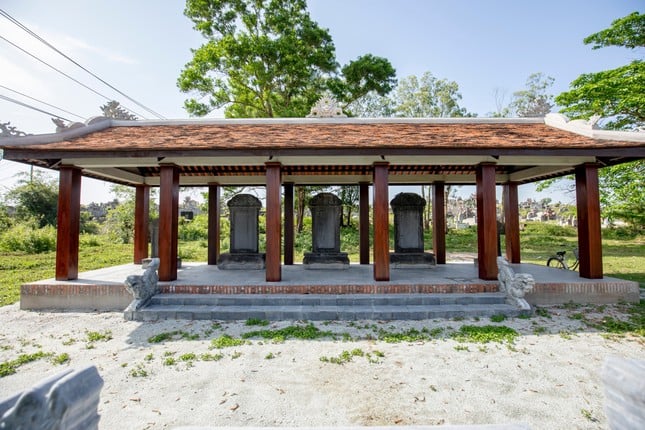



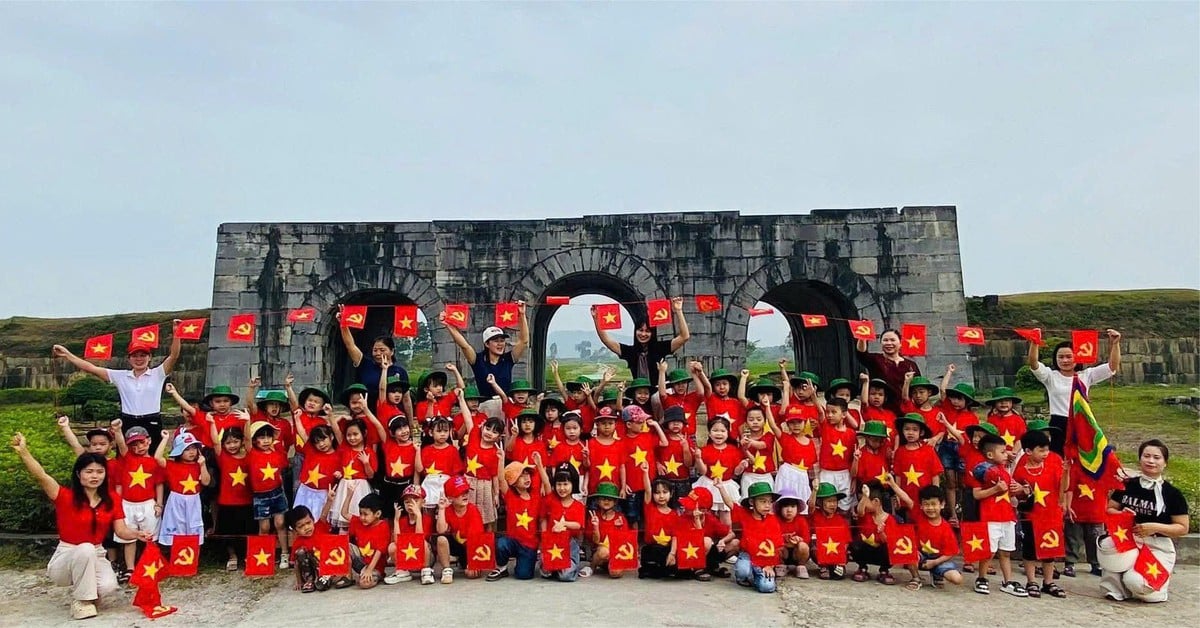




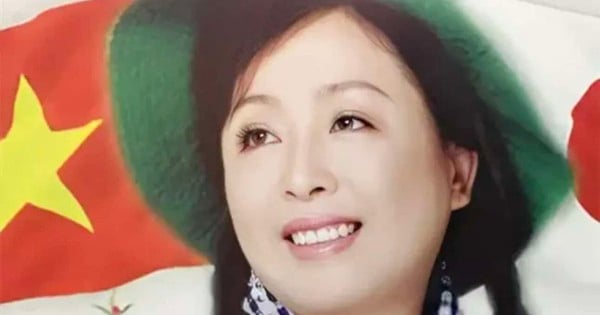



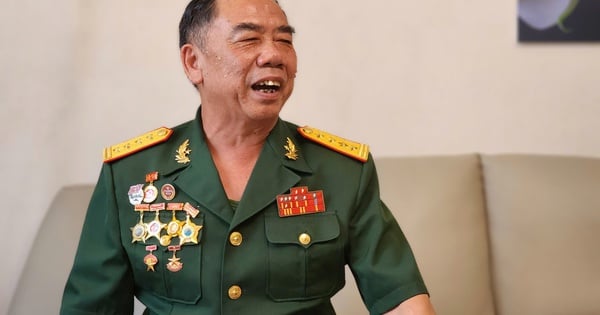

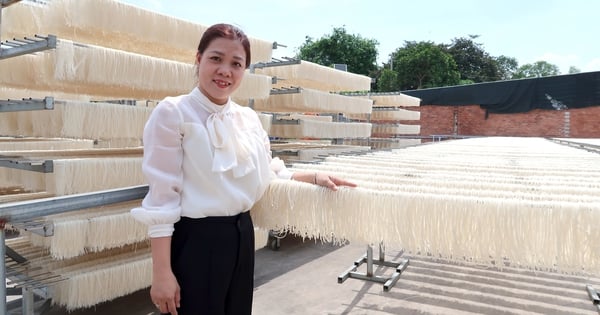

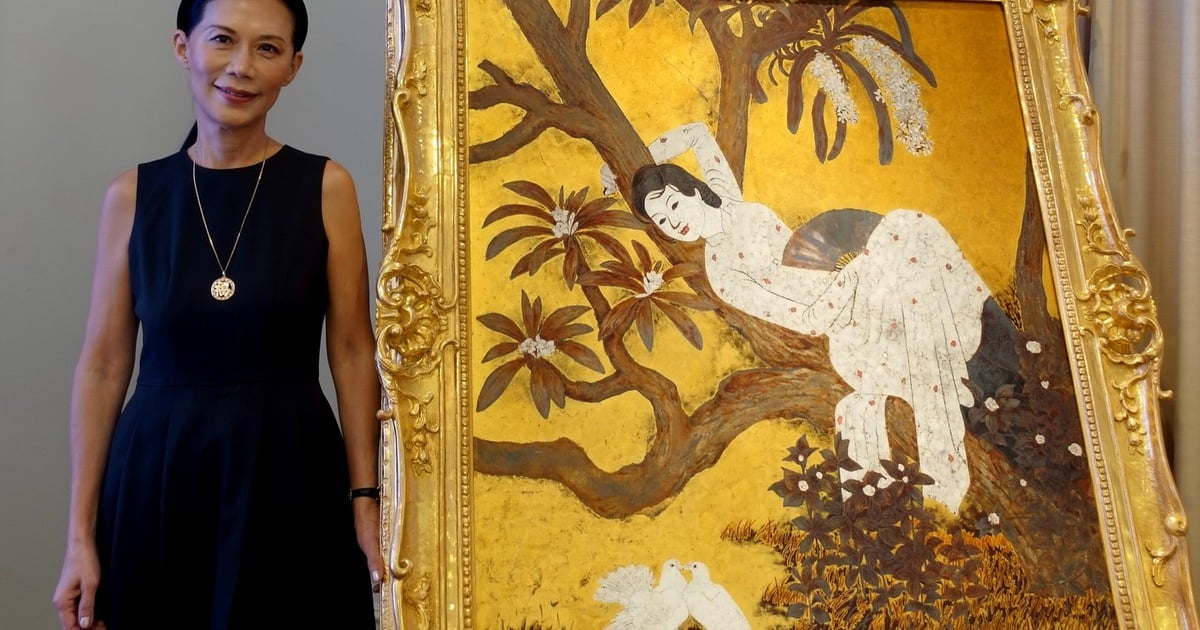
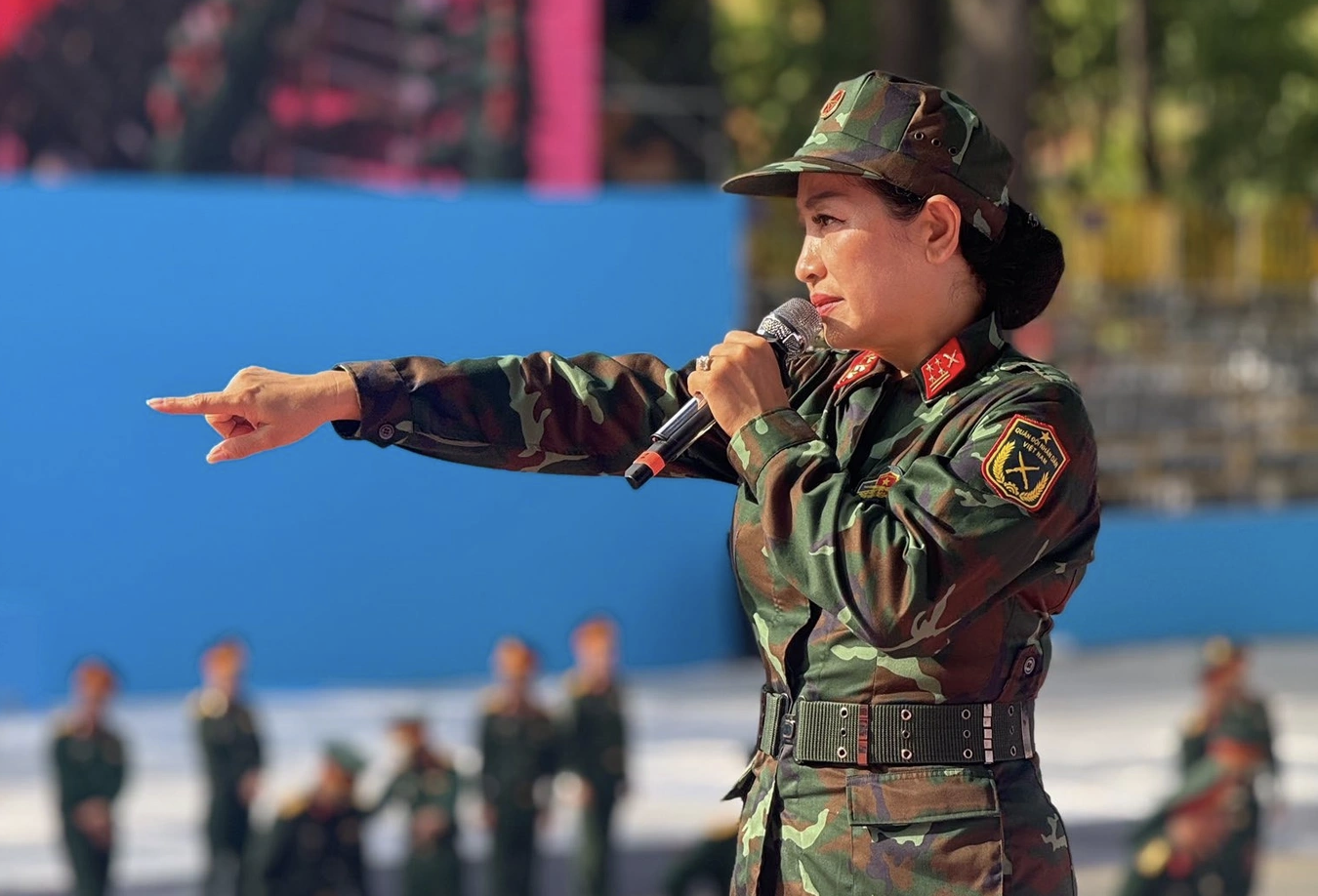














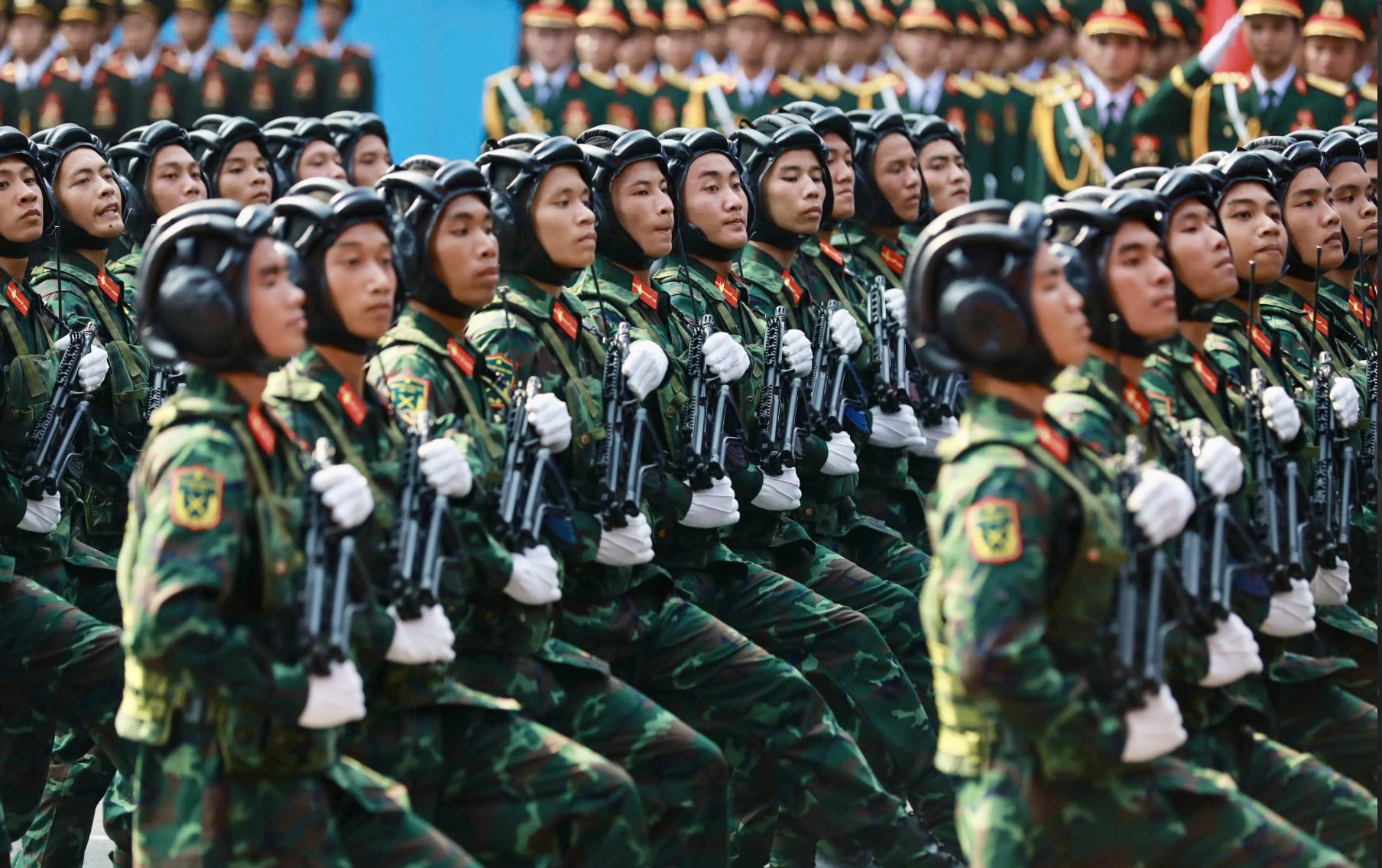









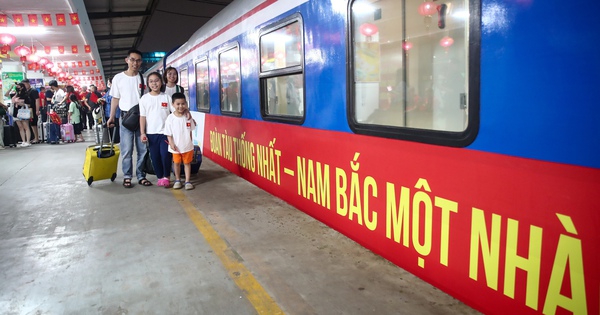


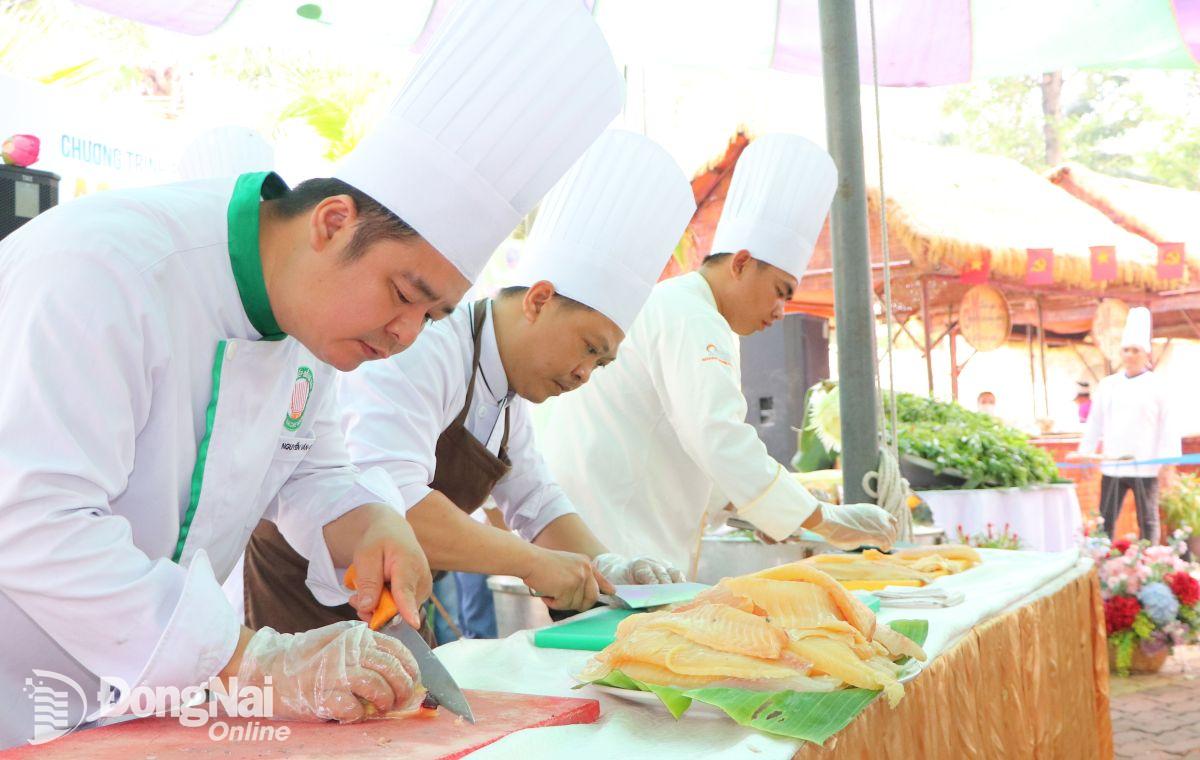

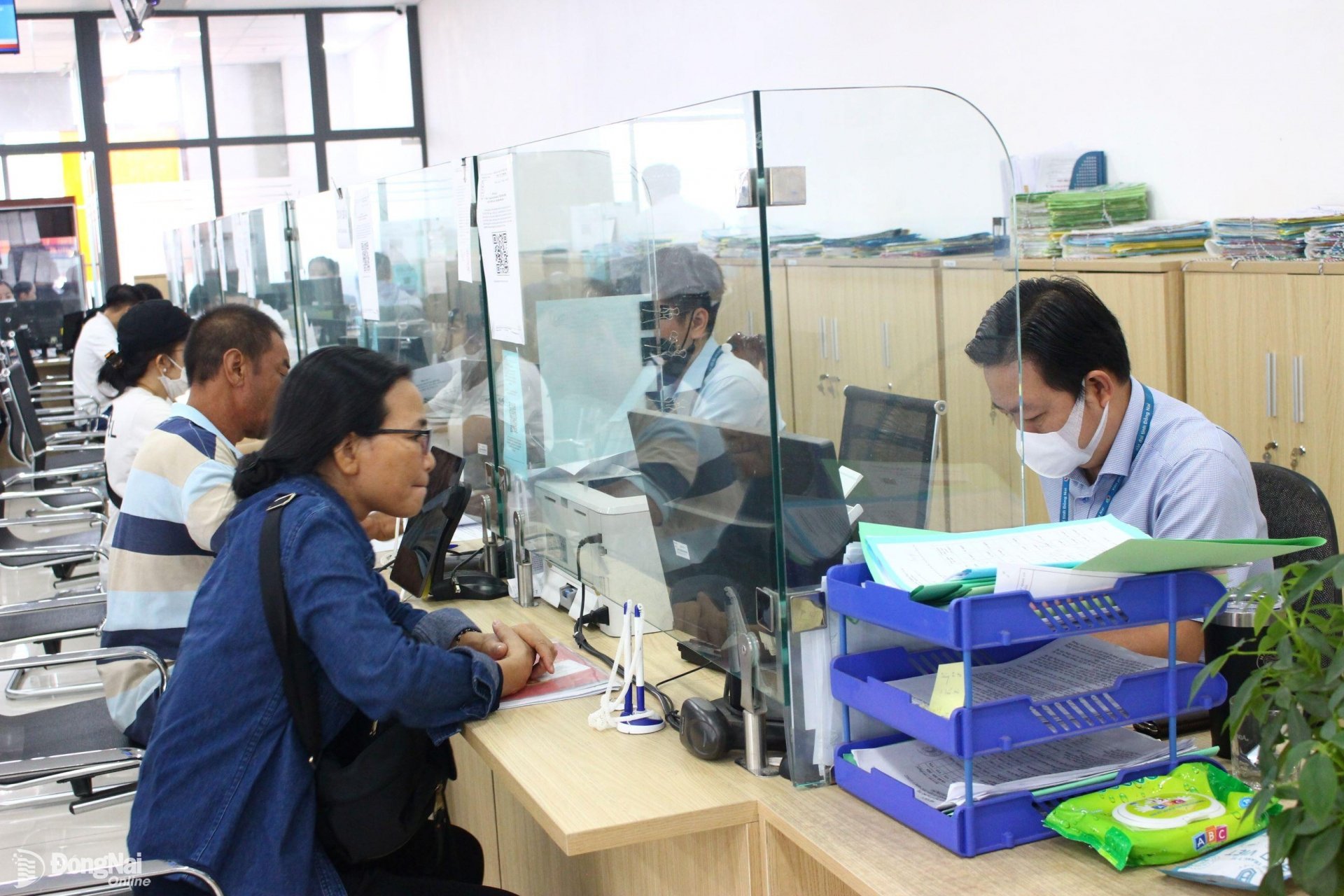
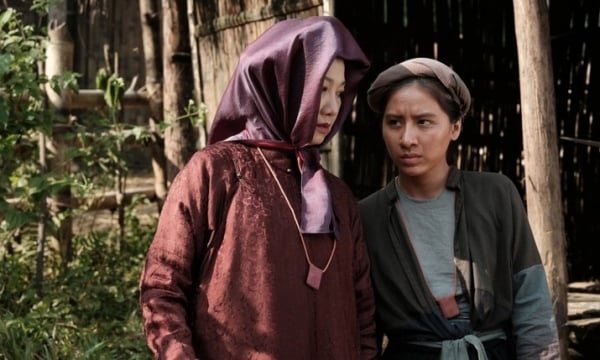

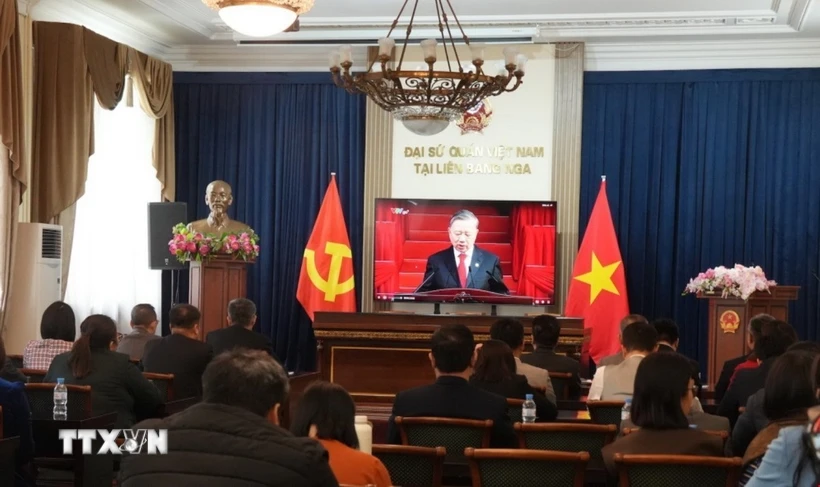

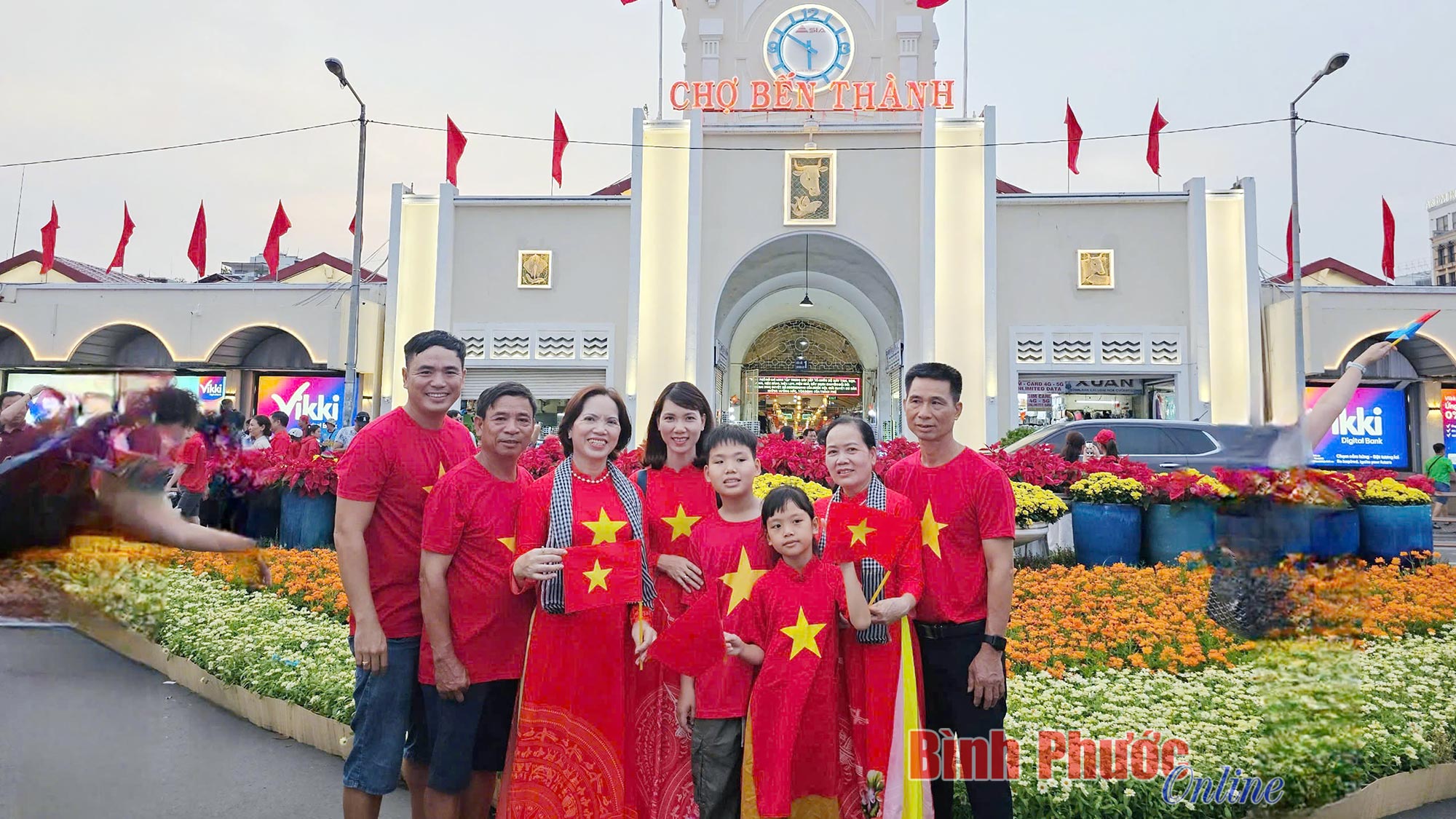

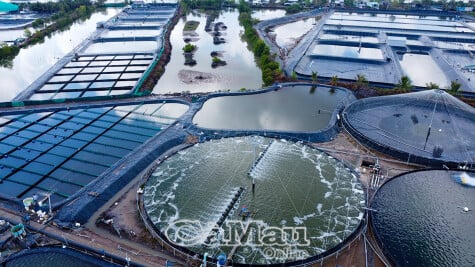




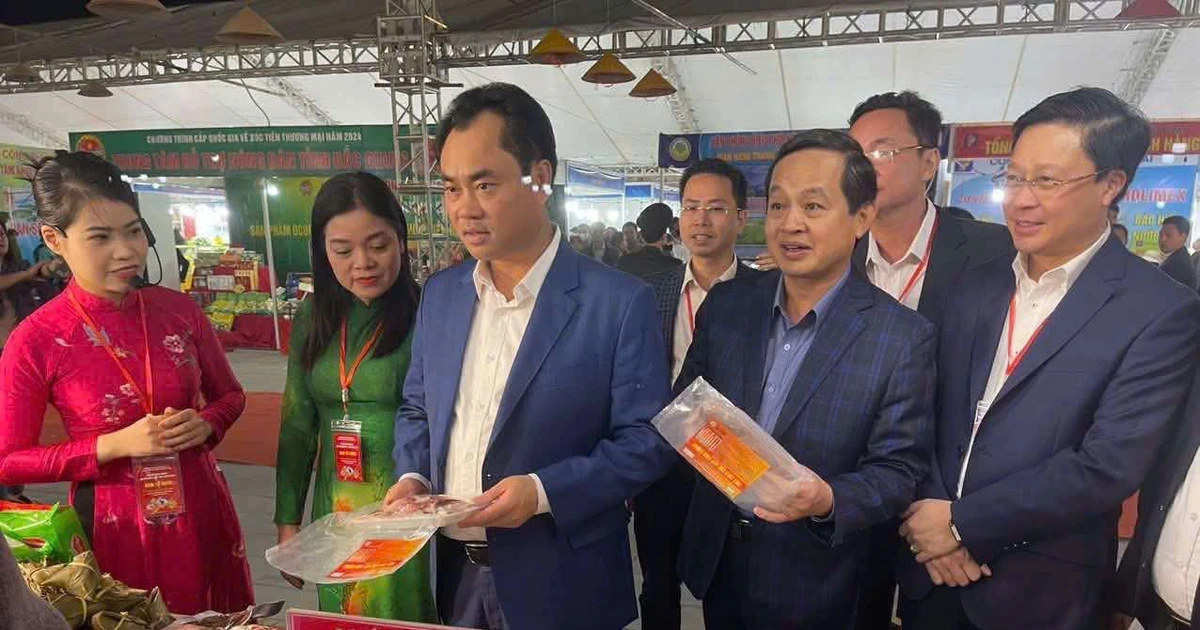



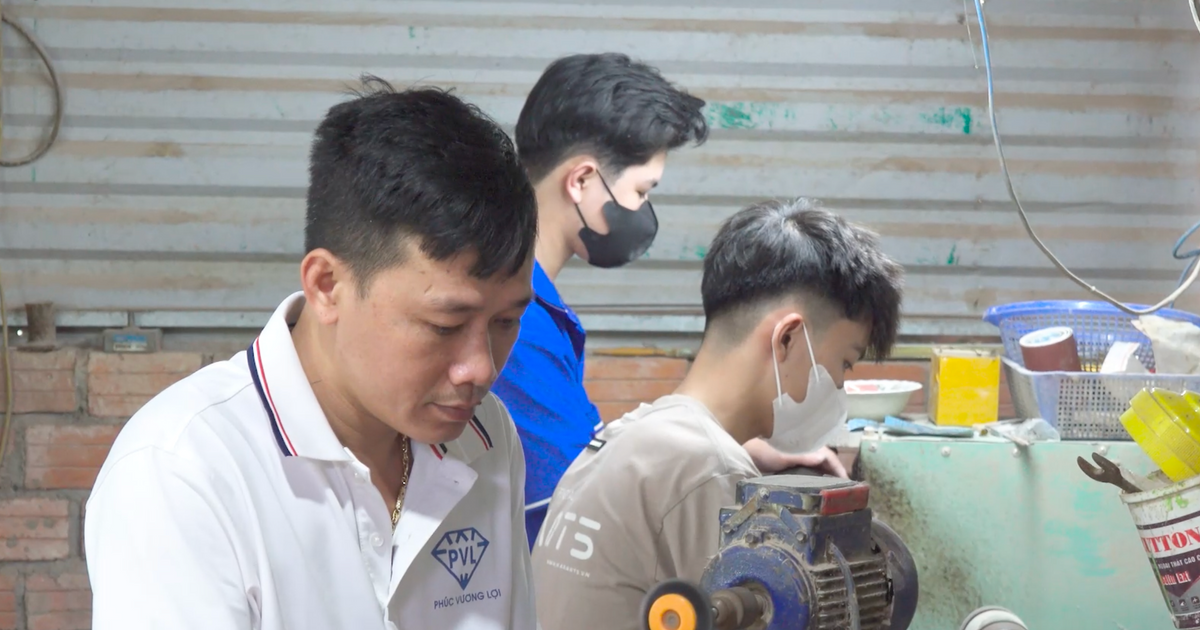

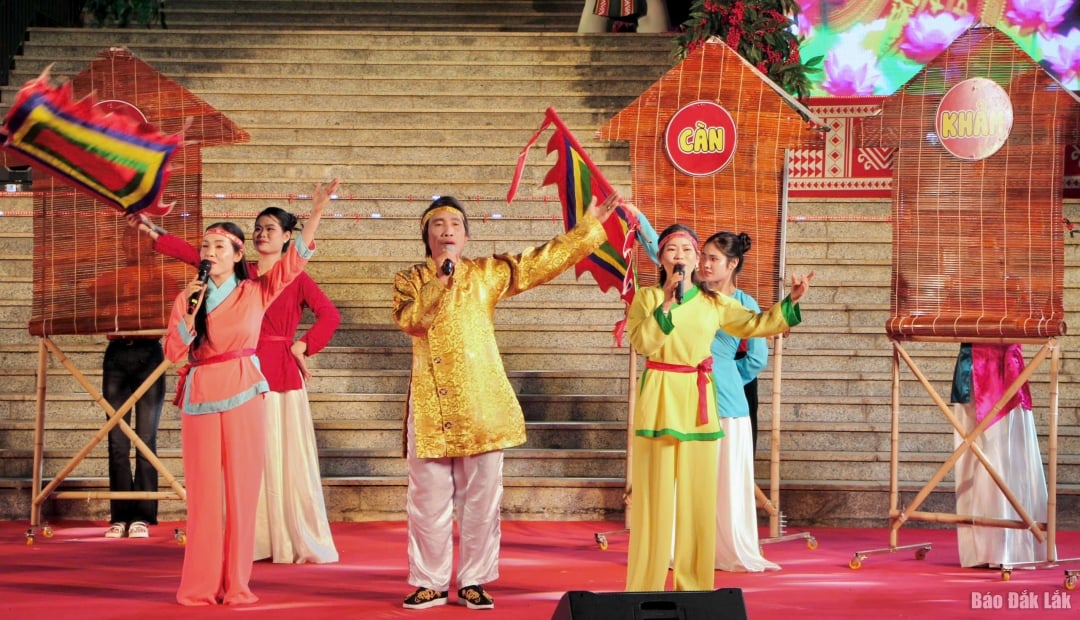

Comment (0)